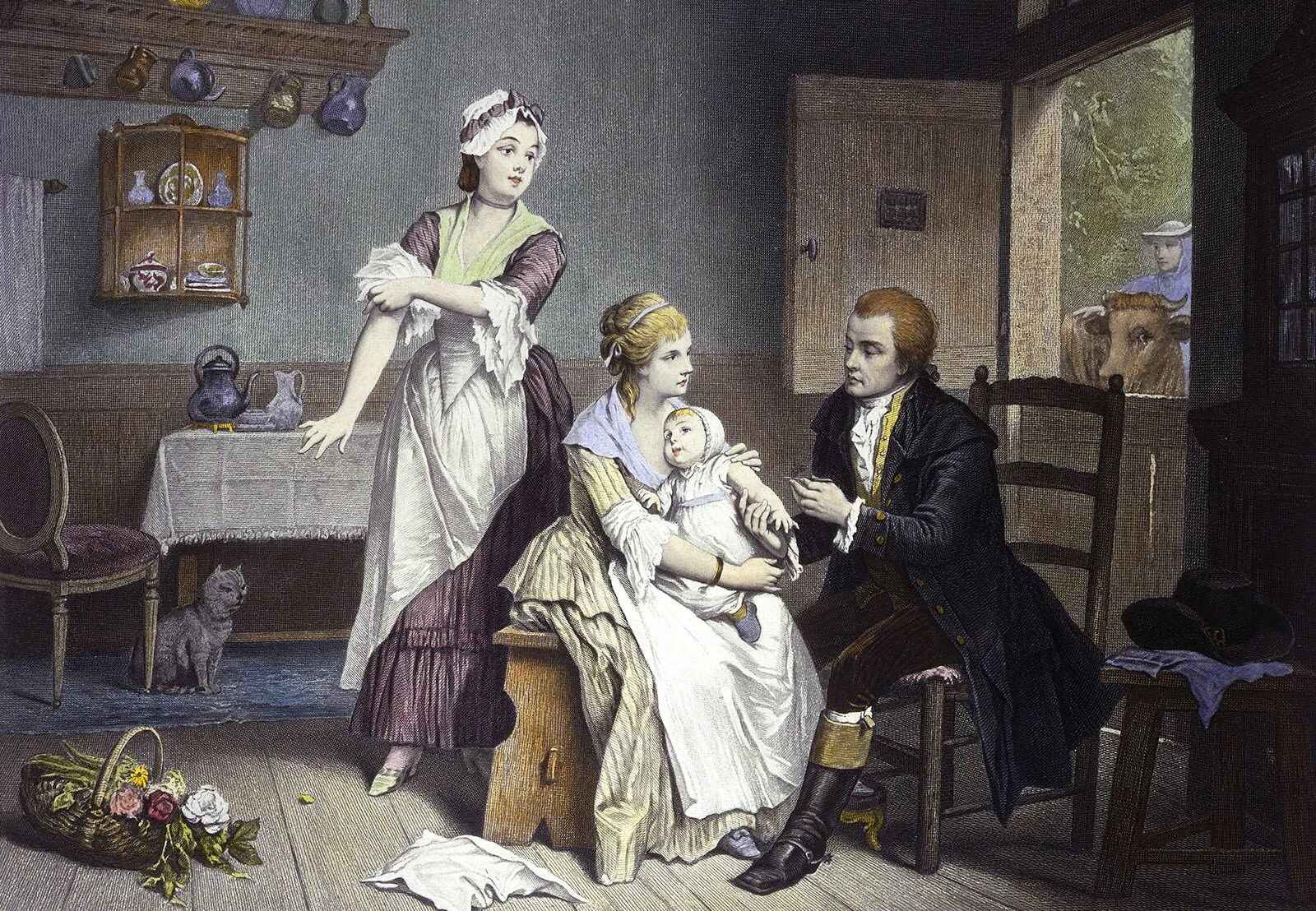
Medicine has a long and fascinating history, filled with remarkable discoveries and breakthroughs. From ancient herbal remedies to modern surgical techniques, the journey of medical science has been nothing short of extraordinary. Did you know that ancient Egyptians practiced surgery as early as 3000 BCE? Or that Hippocrates, often called the "Father of Medicine," laid the groundwork for clinical observation? Throughout centuries, medical practices have evolved, influenced by cultural beliefs, scientific advancements, and technological innovations. Understanding the history of medicine not only gives us insight into how far we've come but also highlights the importance of continued research and development. Let's explore 30 intriguing facts about the history of medicine that showcase its evolution and impact on human health.
Key Takeaways:
- Medicine has a fascinating history, from ancient practices like trepanation to modern breakthroughs like CRISPR and immunotherapy. It's a journey of innovation and discovery that continues to shape healthcare today.
- Throughout history, brilliant minds like Hippocrates and Florence Nightingale have paved the way for modern medicine. From ancient Egypt to the 21st century, each era has brought remarkable advancements that have saved countless lives.
Ancient Beginnings
Medicine has a rich history that dates back thousands of years. Early civilizations laid the groundwork for modern medical practices.
- Ancient Egypt: Egyptians used honey and moldy bread to treat wounds, unknowingly utilizing antibacterial properties.
- Hippocrates: Often called the "Father of Medicine," Hippocrates established a code of ethics for physicians.
- Ayurveda: This traditional Indian medicine system dates back over 3,000 years and emphasizes balance in bodily systems.
- Chinese Medicine: Ancient Chinese practices included acupuncture and herbal remedies, some of which are still used today.
- Trepanation: One of the oldest surgical practices, trepanation involved drilling holes into the skull to treat head injuries or mental disorders.
Medieval Medicine
The Middle Ages saw significant developments, though many practices were still rudimentary by today's standards.
- Bloodletting: Widely practiced, it was believed to balance the body's humors.
- Leeches: Used for bloodletting, leeches are still used in modern medicine for specific treatments.
- Herbal Remedies: Monasteries often grew medicinal herbs and created remedies for various ailments.
- Black Death: The plague killed millions, leading to advancements in public health and quarantine practices.
- Medieval Hospitals: Often run by religious institutions, these hospitals provided basic care and shelter for the sick.
Renaissance and Enlightenment
This period marked a shift towards scientific inquiry and significant medical discoveries.
- Andreas Vesalius: Published "De humani corporis fabrica," revolutionizing the understanding of human anatomy.
- William Harvey: Discovered the circulation of blood, fundamentally changing cardiovascular medicine.
- Microscope Invention: Allowed scientists to observe microorganisms, leading to germ theory.
- Smallpox Inoculation: Early forms of vaccination began in this era, significantly reducing mortality rates.
- Pharmacopeia: The first official list of medicinal drugs and their uses was published.
19th Century Advances
The 1800s brought about rapid advancements in medical science and technology.
- Anesthesia: The introduction of ether and chloroform revolutionized surgery by allowing pain-free procedures.
- Germ Theory: Louis Pasteur and Robert Koch proved that microorganisms cause disease, leading to sterilization practices.
- Stethoscope: Invented by René Laennec, it became an essential diagnostic tool.
- X-Rays: Discovered by Wilhelm Conrad Roentgen, X-rays allowed doctors to see inside the human body without surgery.
- Nursing: Florence Nightingale established modern nursing practices and emphasized hygiene in hospitals.
20th Century Breakthroughs
The 20th century saw unprecedented medical advancements that transformed healthcare.
- Penicillin: Discovered by Alexander Fleming, this antibiotic saved countless lives.
- Polio Vaccine: Developed by Jonas Salk, it nearly eradicated polio worldwide.
- Organ Transplants: The first successful kidney transplant occurred in 1954, paving the way for other organ transplants.
- DNA Structure: James Watson and Francis Crick discovered the double helix structure of DNA, revolutionizing genetics.
- MRI: Magnetic Resonance Imaging became a crucial tool for non-invasive internal imaging.
Modern Medicine
Today, medicine continues to evolve with cutting-edge technology and innovative treatments.
- CRISPR: This gene-editing technology has the potential to cure genetic disorders.
- Telemedicine: Remote consultations have become more common, especially during the COVID-19 pandemic.
- Artificial Intelligence: AI is being used to diagnose diseases and develop personalized treatment plans.
- 3D Printing: Custom prosthetics and even organs can be printed, offering new possibilities for treatment.
- Immunotherapy: This cancer treatment uses the body's immune system to fight cancer cells, offering hope for many patients.
Medicine's Fascinating Journey
Medicine's history is packed with incredible milestones and innovations. From ancient herbal remedies to modern surgical techniques, each era brought new discoveries. The Hippocratic Oath laid the foundation for medical ethics, while the discovery of penicillin revolutionized treatments. Vaccines have saved countless lives, and medical imaging has transformed diagnostics.
Understanding this history helps appreciate the progress made and the challenges faced. It also highlights the importance of continued research and innovation. Medicine's journey is far from over, with new technologies and treatments emerging every day.
By learning about these milestones, we gain a deeper appreciation for the field and the dedicated professionals who push it forward. Medicine's past is a testament to human ingenuity and resilience, promising an even brighter future for healthcare.
Frequently Asked Questions
Was this page helpful?
Our commitment to delivering trustworthy and engaging content is at the heart of what we do. Each fact on our site is contributed by real users like you, bringing a wealth of diverse insights and information. To ensure the highest standards of accuracy and reliability, our dedicated editors meticulously review each submission. This process guarantees that the facts we share are not only fascinating but also credible. Trust in our commitment to quality and authenticity as you explore and learn with us.
